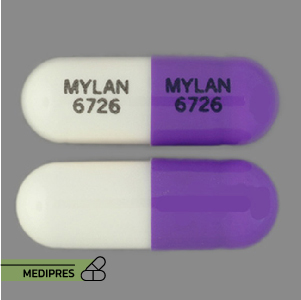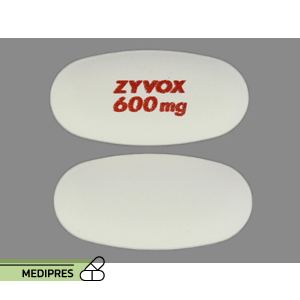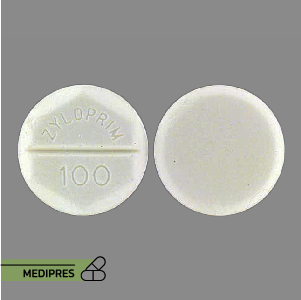
Zolpidem
23 June, 2023
Zyloprim
23 June, 2023Zonisamide
Generic name: Zonisamide
Drug class: Carbonic anhydrase inhibitor anticonvulsants
Dosage forms: Capsule, Suspension
Root of administration: Oral
Dose: 25, 50, 100 mg, 100 mg/5 mL
Mechanism of action: One of the primary mechanisms of action of zonisamide is its ability to block voltage-gated sodium channels. By blocking these channels, zonisamide reduces the excessive electrical activity in the brain that can lead to seizures. This sodium channel blocking effect helps to stabilize the neuronal membranes and prevent the spread of abnormal electrical activity.
Drug usage cases: Zonisamide is used together with other medicines to treat partial seizures in adults and teenagers at least 16 years old.
Drug contra indications: You should not take zonisamide if you are allergic to it. You may not be able to take zonisamide if you have ever had a severe allergic to sulfa drugs. Tell your doctor if you have or have ever had:
high levels of ammonia; diarrhea; a growth problem; a bone disorder that causes soft or weak bones or low bone mineral density; depression, mood changes, or suicidal thoughts or actions; if you have ever had metabolic acidosis (too much acid in your blood); if you have been on a ketogenic diet (high-fat, high-protein, low-carb); liver disease; or kidney disease. Some people have thoughts about suicide while taking zonisamide. Your doctor will need to check your progress on a regular basis. Stay alert to changes in your mood or symptoms. Your family or caregivers should also watch for sudden changes in your behavior.
Side effects: Get emergency medical help if you have signs of an allergic reaction (hives, difficult breathing, swelling in your face or throat) or a severe skin reaction (fever, sore throat, burning eyes, skin pain, red or purple skin rash with blistering and peeling). Tell your doctor right away if you have new or sudden changes in mood or behavior, including new or worse depression or anxiety, panic attacks, trouble sleeping, or if you feel impulsive, irritable, agitated, hostile, aggressive, restless, more active or talkative, or have thoughts about suicide or hurting yourself. Zonisamide may cause serious side effects. Call your doctor at once if you have:
eye pain or redness or any changes in your vision; decreased sweating, feeling very hot; increased or worsening seizures; any skin rash, no matter how mild; signs of metabolic acidosis–confusion, vomiting, lack of energy, irregular heartbeats; symptoms of a blood cell disorder–fever, chills, body aches, flu symptoms, sores in your mouth and throat; signs of a kidney stone–pain in your side or lower back, blood in your urine, stomach pain, painful or difficult urination; or severe skin reaction–fever, sore throat, swelling in your face or tongue, burning in your eyes, skin pain followed by a red or purple skin rash that spreads (especially in the face or upper body) and causes blistering and peeling.
Warnings: Taking zonisamide can cause permanent vision loss. Tell your doctor right away if you have any eye pain or redness or any changes in your vision. Zonisamide may cause a severe skin reaction that can be fatal. Call your doctor right away if you have skin redness or a rash that spreads and causes blistering and peeling. Zonisamide may cause decreased sweating and increased body temperature (fever). Children and people exposed to hot weather may be more likely to have this side effect. Some people have thoughts about suicide while taking zonisamide. Stay alert to changes in your mood or symptoms. Your family or caregivers should also watch for sudden changes in your behavior.
Use during pregnancy or breastfeeding: May harm an unborn baby. Use birth control while using zonisamide and for at least one month after your last dose. Tell your doctor right away if a pregnancy occurs. If you are pregnant, your name may be listed on a pregnancy registry to track the effects of zonisamide on the baby. Ask a doctor if it is safe to breastfeed while using this medicine.



